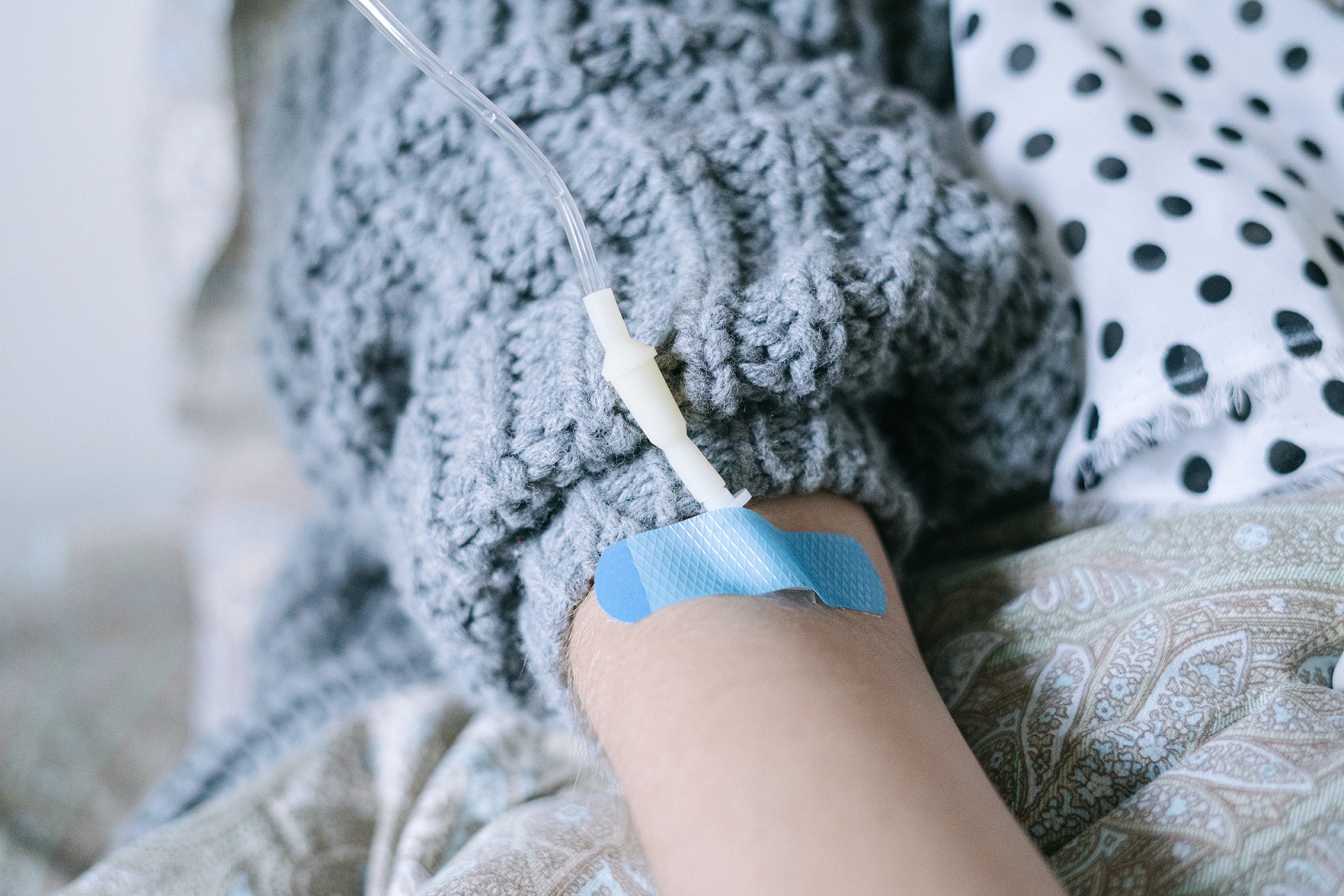Colon cancer is among the most common cancers, and a leading cause of death, in the US. It is also a major public health issue globally, and around 1.2 million cases of colon cancer are diagnosed every year. There are almost 600,000 yearly deaths linked to this particular cancer type as well. During initial diagnosis, almost 40 percent of colon cancer patients are diagnosed with localized disease and its 5-year survival rate varies depending on the stage of cancer at the time when it is first diagnosed. This also points to the risk of tumor recurrence after the surgical excision of the primary tumor. That said, the selection of cancer therapy and choosing the right dose for every patient can be a very complex process. It is important for clinicians to be experienced in choosing and verifying the treatment options according to the individual condition of every patient.
Depending on the stage of your cancer, the treatment plan can include surgery, immunotherapy, radiation therapy, and chemotherapy – or a combination of these approaches. Among all these, chemotherapy is a commonly used procedure that, sometimes, may be given after the surgical removal of the tumor to destroy any left out cancer cells so that they may not grow, divide, and make more cancer cells. The conventional dose of chemotherapy takes an aggressive approach towards the destruction of the cancer cells and, hence, comes with some serious side effects.
This has led researchers to look into low-dose chemotherapy alternatives for colon cancer.
Let’s explore what this low-dose alternative is all about, and what research has revealed about this treatment option for colon cancer.
What is Low-Dose Chemotherapy?
Low-dose chemotherapy is an alternative to conventional chemotherapy treatment that uses high doses of chemotherapy drugs to remove cancer cells from the body. The alternative approach reduces the dose administered in each treatment to avoid serious side effects of the conventional approach, and the doses are given more frequently to curb the growth of cancer cells.
How it works
Generally, cancer patients receive chemotherapy drugs in high dosage for shorter periods of time. The high toxicity of these drugs is the major reason why patients must undergo periodic lapses in their treatment, allowing enough time for their body to regain some strength before the next dose is administered. However, many doctors believe that during this period, the body gets enough time for the regeneration of vessels required by tumors to live and results in an ineffective treatment cycle.
Previously, oncologists used the highest tolerable dose for killing the maximum number of cancer cells in a single treatment. After being treated with such a high dose, severe reactions can happen with infections caused by external sources becoming a major death threat for cancer patients.
As an alternative, low-dose chemotherapy is used/studied for treating cancer while avoiding the side effects often associated with conventional chemotherapy. This new form of chemotherapy works with continuous low doses of the chemotherapy drugs to make sure that there are no long waiting periods and tumor vessels do not regenerate. With this new treatment option, the disease is treated like any other chronic condition, like heart disease, where the treatment is given consistently. As the chemotherapy drugs are administered in low dosage, there are minimal side effects that the body can tolerate for a longer term.
Chemotherapy Drugs Used In The Treatment Of Colon Cancer
For treating colon cancer, the 5-fluorouracil (5-FU) drug has been used as a first-choice treatment option for many years now. It is usually administered intravenously with leucovorin, making it more effective.
Capecitabine (Xeloda) in pill form is also changed to 5-fluorouracil when it gets to the tumor. This drug is also used in adjuvant and neoadjuvant therapy in combination with radiation to treat people with rectal cancers.
Other chemotherapy drugs used for treating colon cancer include oxaliplatin (Eloxatin) and irinotecan (Camptosar). Usually, these drugs are given with Xeloda or 5-FU after surgery or in cases of advanced cancer.
The Research On Low-Dose Chemotherapy Is Ongoing
Low-dose chemotherapy also called “metronomic chemotherapy” or “chemo-lite”, is currently under study at different research centers all over the country and has shown promising results in many cases. This treatment option actually focuses on the blood vessels feeding the tumor rather than the tumor itself.
“So much of our current cancer treatment depends on understanding the intricacies of a specific tumor,” says Mark W. Kieran, a pediatric oncologist at the Dana-Farber Cancer Institute who has led low-dose chemo trials. With this new approach, Dr. Kieran said, “we’re attacking the tumor’s supply line.”
According to researchers, this type of chemotherapy can be helpful in studying angiogenesis, or the development of blood vessels. Keeping in check the blood vessels that supply the necessary nutrients to the tumor, low-dose chemotherapy suppresses its growth.
But how effective is this new treatment option against colon cancer?
A recent trial studied the effects of low-dose chemotherapy on patients with advanced colon cancer. Advanced cancer is a type of cancer that spreads to the surrounding areas. Chemotherapy is used for treating this type of cancer if the doctors feel it to be a viable treatment option. However, there are undesirable side effects that come with chemotherapy, and some of the patients with advanced cancer aren’t well enough to survive high-dose chemotherapy. So, low-dose chemo is the right option to go with.
During the trial, the cancer patients were given low-dose chemotherapy with four different combinations of chemotherapy drugs: fluorouracil (5-FU), oxaliplatin, and capecitabine (Xeloda). The trial was done to seek answers to the following questions:
- If the patients who take capecitabine (a pill) enjoy a better life quality compared to those who are treated with 5-FU (an injection)
- Should the patients be given oxaliplatin at the beginning of the treatment, or it must be given at a later stage
- If it is possible to determine in advance which advanced colon cancer patients will benefit from low-dose chemotherapy treatment.
The results of this research revealed that the treatment benefited a large number of patients. However, those who were given chemotherapy in the form of a pill didn’t enjoy as good a quality of life as those who had 5-FU infusion. Besides, combining oxaliplatin with 5-FU or capecitabine resulted in better outcomes of the therapy as compared to the results achieved from 5-FU or capecitabine alone. However, it didn’t affect the life expectancy of the patients. Finally, the trial also identified multiple factors to help oncologists predict the efficacy of low-dose chemotherapy for patients with advanced colon cancer.
Another study revealed that low-dose cyclophosphamide can induce T-cell responses that are often associated with survival in patients with Metastatic Colorectal Cancer. Treg depletion induced by cyclophosphamide resulted in a serious boost in anti-tumor immunity. With this study, the researchers got direct evidence for the first time that shows naturally-primed T cells were beneficial for patients with metastatic colon cancer.
Many more studies support the use of low-dose chemotherapy for treating colon cancer. The research, however, is ongoing and the effects of this new type of chemotherapy are being studied in patients at different stages of colon cancer.
Dr. Paul Zhang at the Institute of Integrative BioOncology in Houston provides evidence-based treatments for a wide range of cancers. Call today for more information.



